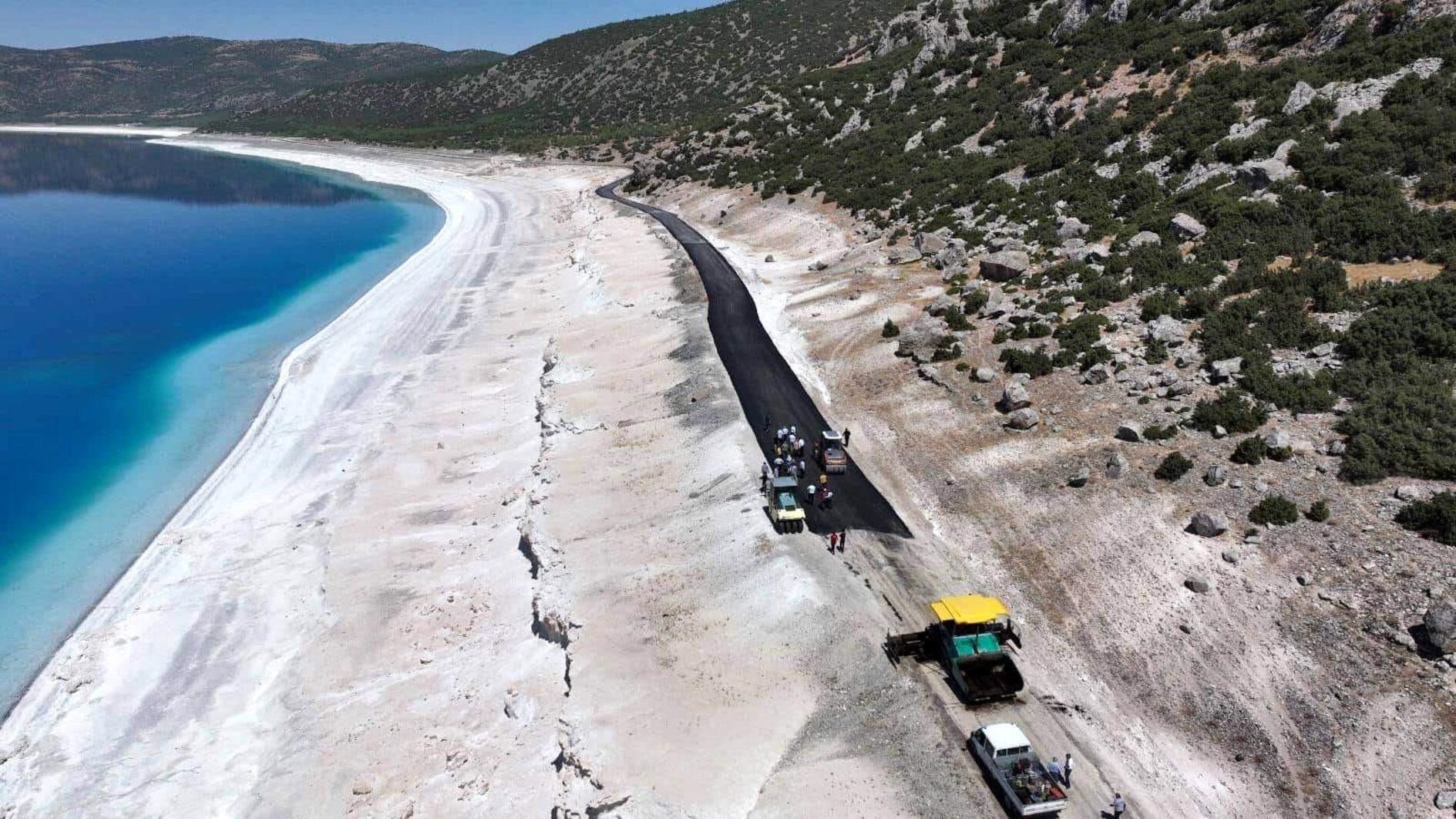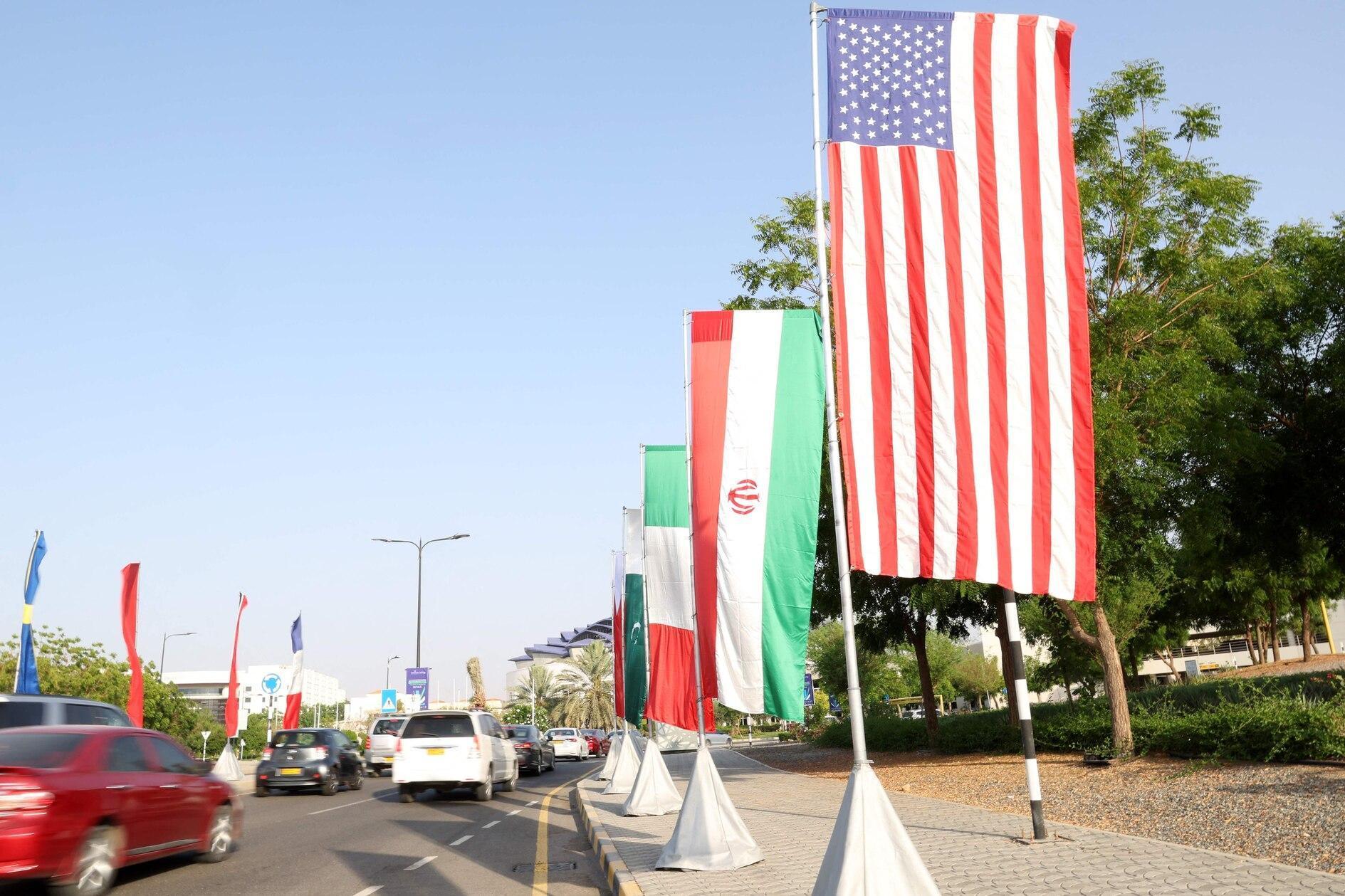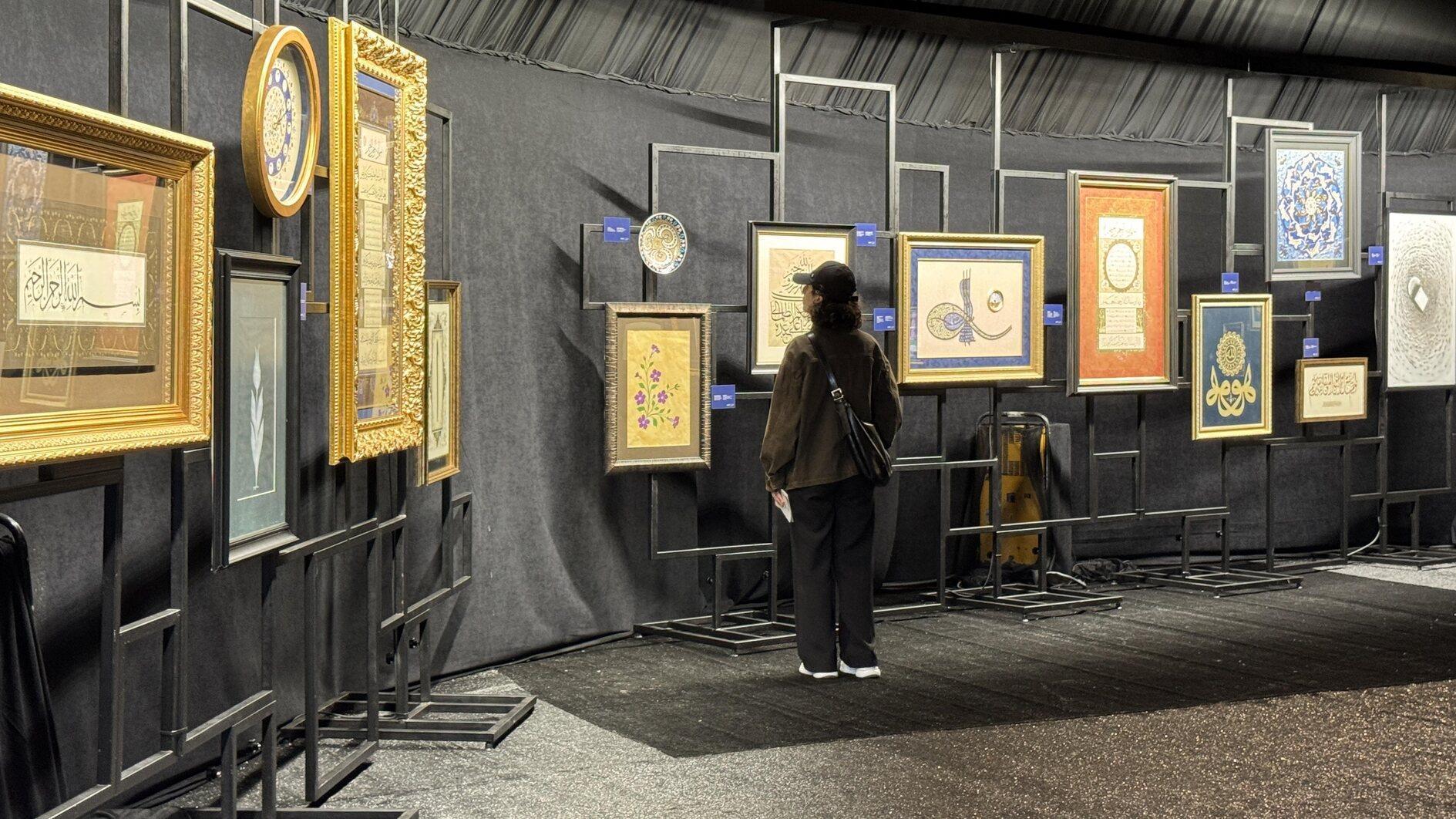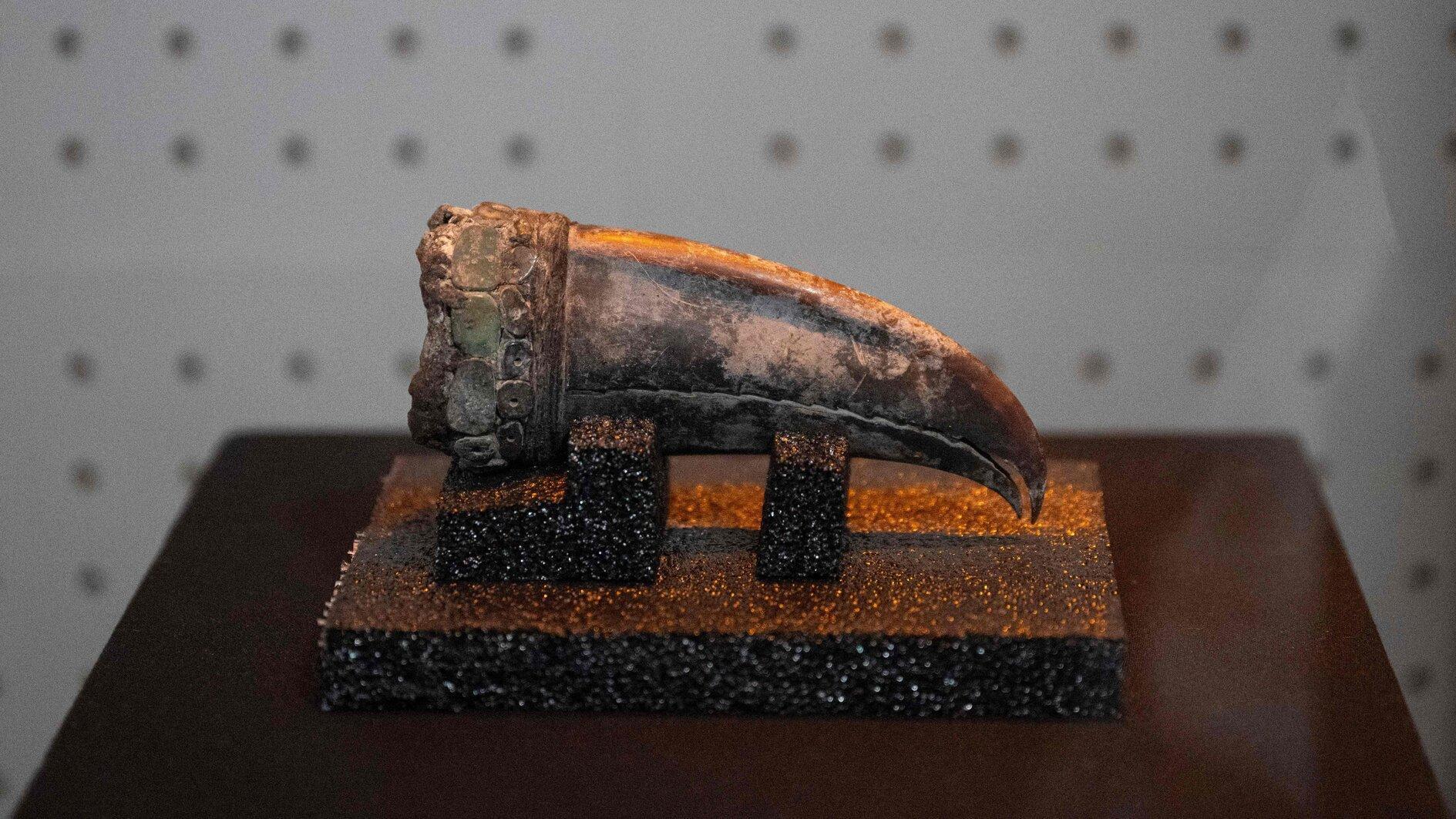Road construction along Salda Lake raises concerns
BURDUR

The road construction project near Salda Lake in the southern province of Burdur has stirred up controversy, as an expert has warned about the potential for pollution and the consequent threat to the lake's ecosystem.
Following the Burdur Governor’s Office announcement of the completion of a bicycle path west of Salda Lake, Dr. Erol Kesici, head and scientific adviser of the Turkish Nature Conservation Association (TTKD), expressed concern that despite several warnings, road construction around the lake has continued.
Referring to the road constructed between the villages of Kayadibi and Doğanbaba, near the west side of the lake, Kesici said, “It was very disappointing. The potential danger it could cause to Salda Lake was ruled out.”
Highlighting the necessity of protecting the lake from human activities, Kesici said: "This area contains valuable magnesite deposits. Road construction has severed the connection between the lake ecosystem and this natural resource, which extends from the lake shore to the foot of the mountain."
"The area is laden with sediments composed of rocks formed in a lake environment, containing dark-colored minerals rich in over 90 percent magnesium and iron. These hydrated carbonates, incredibly valuable in every aspect, grow like cauliflower through biomineralization. I even caution people against stepping on areas with these white rocks and sedimentary deposits, as they are seeds containing vitality. Nevertheless, the water of Salda Lake is darkening and is in danger today," he warned.
Kesici emphasized the need to remove asphalt and replace it with cement concrete road pavements that are compatible with the ecosystem and longer lasting than other paving types.
He added that though they are more costly than asphalt, authorities must spare no expense for the protection of Salda Lake, whose value transcends monetary measure.
















